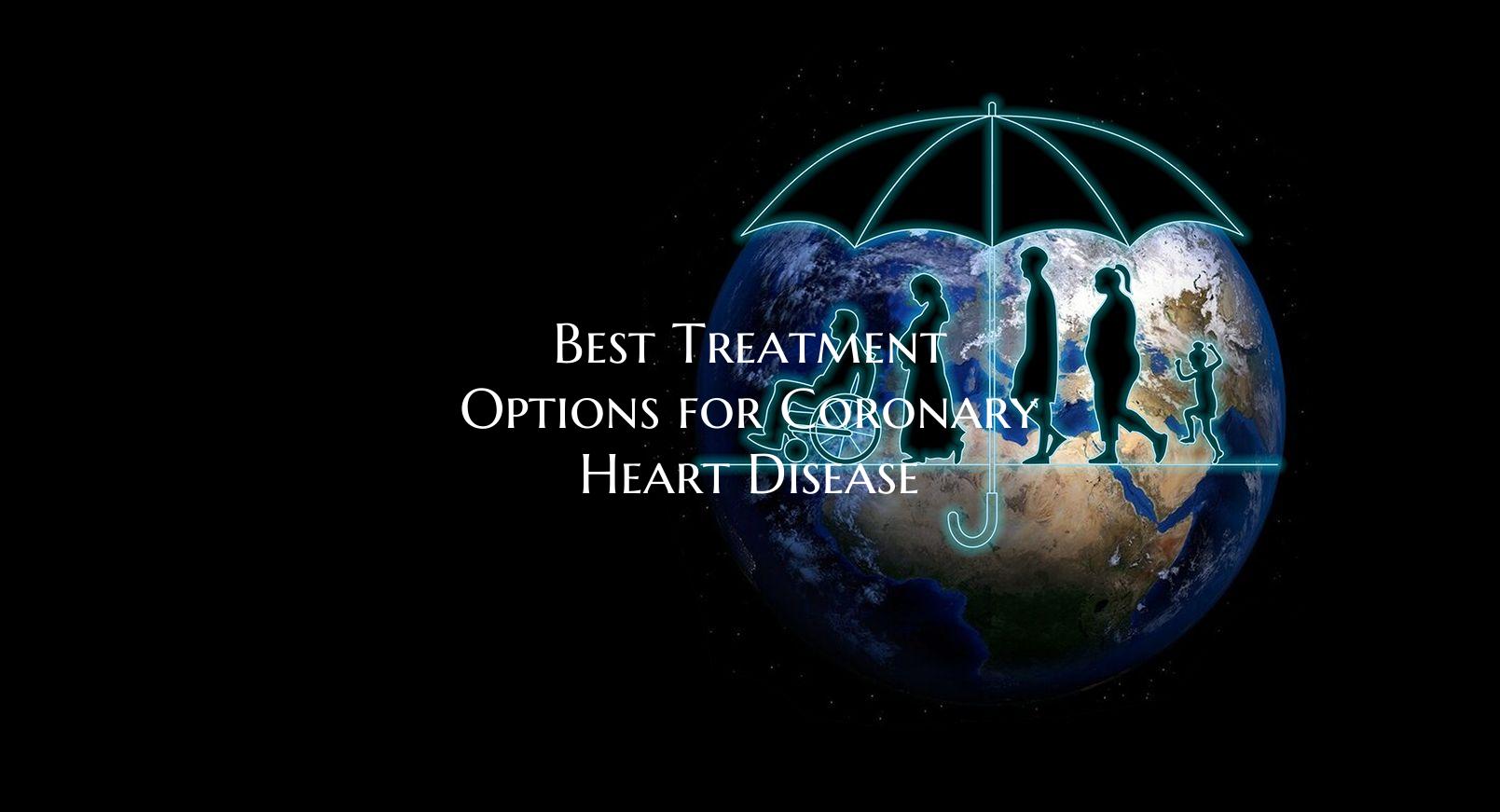
Best Treatment Options for Coronary Heart Disease
Coronary heart disease (CHD) is a common heart condition that occurs when the arteries supplying blood to the heart become narrowed or blocked by a buildup of plaque. It is a serious condition that can lead to heart attacks and other complications if left untreated. Fortunately, there are several effective treatment options available for individuals with coronary heart disease.
1. Lifestyle Changes: One of the first lines of treatment for coronary heart disease is making lifestyle changes. This includes adopting a heart-healthy diet that is low in saturated fats, cholesterol, and sodium, and rich in fruits, vegetables, whole grains, and lean proteins. Regular exercise is also important for improving cardiovascular health. Quitting smoking and reducing stress are also important lifestyle modifications that can help manage CHD.
2. Medications: There are several medications that can be prescribed to help manage coronary heart disease. These may include medications to lower cholesterol levels, control blood pressure, prevent blood clots, and reduce the workload on the heart. It is important to take medications as prescribed by a healthcare provider and to follow up regularly to monitor their effectiveness.
3. Procedures: In some cases, more invasive treatments may be necessary to treat coronary heart disease. These procedures may include angioplasty and stenting to open blocked arteries, coronary artery bypass surgery to reroute blood flow around blocked arteries, or other interventions to improve blood flow to the heart muscle.
4. Cardiac Rehabilitation: Cardiac rehabilitation programs can also play a crucial role in the treatment of coronary heart disease. These programs offer a combination of exercise, education, and support to help individuals recover from a heart event, improve cardiovascular health, and reduce the risk of future complications.
5. Lifestyle Management and Monitoring: Managing coronary heart disease is an ongoing process that requires continuous monitoring and lifestyle management. Regular follow-up appointments with a healthcare provider are important to ensure that treatments are effective and to make any necessary adjustments. Monitoring key health indicators such as blood pressure, cholesterol levels, and blood sugar levels can help track progress and identify any new issues that may arise.
In conclusion, the best treatment options for coronary heart disease involve a combination of lifestyle changes, medications, procedures, cardiac rehabilitation, and ongoing monitoring. By working closely with a healthcare provider to develop a personalized treatment plan, individuals with CHD can effectively manage their condition and reduce the risk of complications.